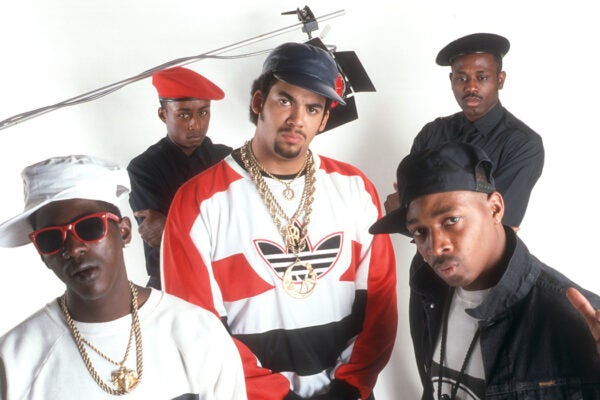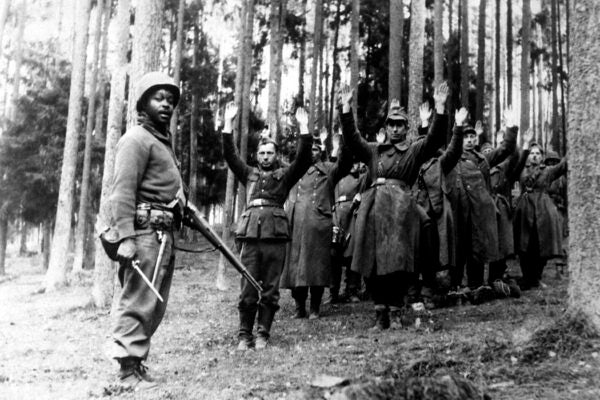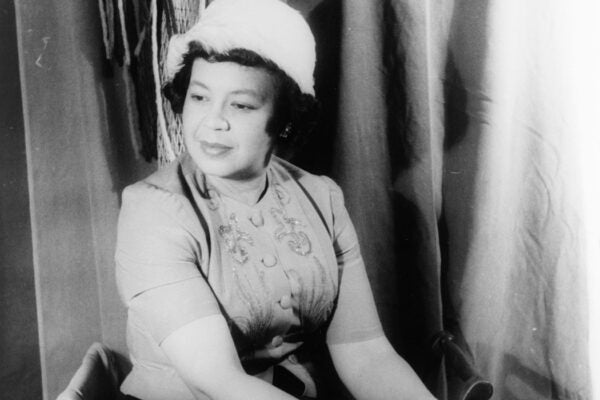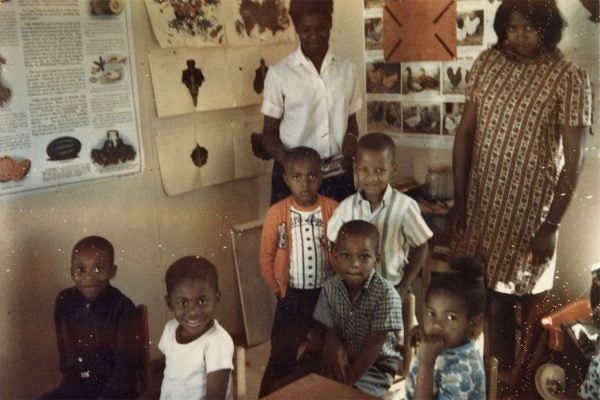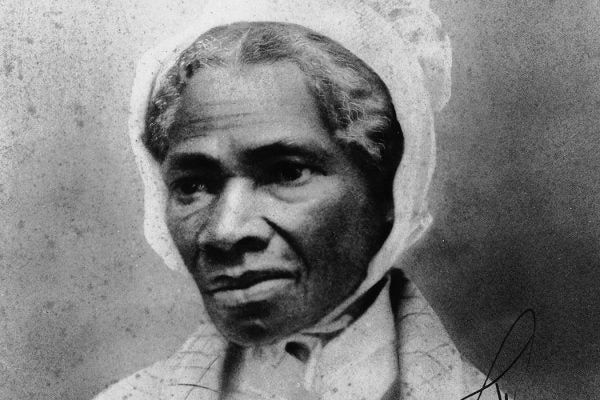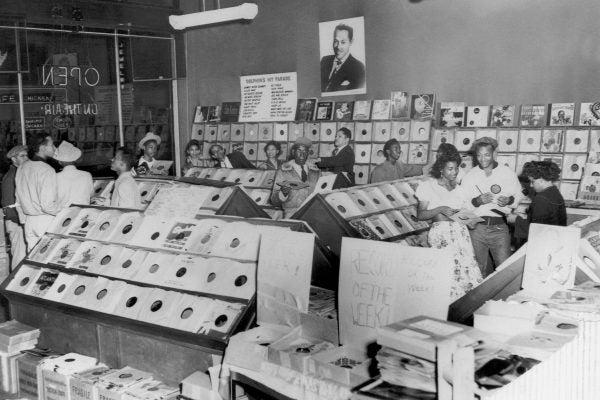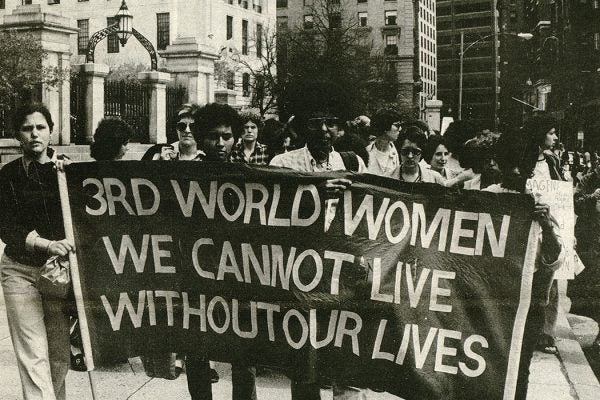How Rap Taught (Some of) the Hip Hop Generation Black History
For members of the Hip Hop generation who came of age during the Black Power era, “reality rap” was an entry into the political power of Black history.
Prisoners Like Us: German POW and Black American Solidarity
During World War II, almost a half million POWs were interned in the United States, where they forged sympathetic relationships with Black American soldiers.
Using Data to Discover and Explore the Stories of Enslaved People
Enslaved: Peoples of the Historical Slave Trade brings together datasets from multiple sources in a single free website that anyone can use.
Keeping Scores: Unearthing the Works of Black Women Composers
Black women composers have been active in the US since at least the mid-nineteenth century, yet they’re largely omitted from scholarship on women musicians.
The Working-Class Radicalism of Mississippi’s Head Start
The Child Development Group of Mississippi created jobs and fostered the political inclusion of poor African American and white communities in the South.
The Truth About Isabella Van Wagenen
Sojourner Truth’s entanglement with a dubious cult leader in New York City steadied her steps on the path for women’s rights.
Fairness on the Fairway: Public Golf Courses and Civil Rights
Organized movements to bring racial equality to the golf course have been part of the sport since the early 1900s.
The Los Angeles Renaissance
Black composers Bruce Forsythe and Claudius Wilson transcended barriers to create concert and classical music during this West Coast art movement.
The Hidden History of Black Catholic Nuns
The lives and roles of African-descended women who joined predominantly white Catholic convents was deliberately hidden by congregational historians.
The Combahee River Collective Statement: Annotated
The Black feminist collective's 1977 statement has been a bedrock document for academics, organizers and theorists for 45 years.
